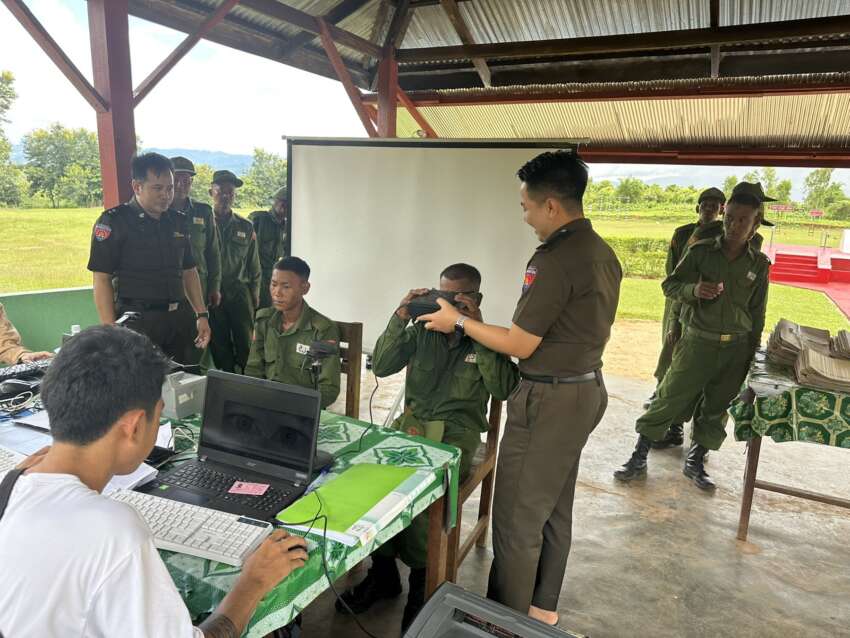
The terrorist military council is preparing to arrest young people evading military service across Myanmar by registering them as deserters using the National Service Information Management System (NSIMS) and Person Scrutinization and Monitoring System (PSMS), according to sources close to the military service recruitment central committee in Naypyidaw. With the 15th batch of military service recruitment this July, there has been a notable increase in young people avoiding conscription rather than reporting when summoned in wards and villages, leading the military council to prepare these arrest measures.
The information of those registered as deserters will be distributed to airports, railway stations, bus terminals, ports, and border checkpoints for cross-checking and arrests. The recently prevalent PSMS will be primarily used for these verification processes. However, entering information into both NSIMS and PSMS is not a simple process and requires multiple steps, taking approximately one and a half to two months to complete. Sources indicate that during this processing period, it may still be possible for individuals to evade detection, though avoiding arrest becomes more difficult once registered in the systems.
Those caught as deserters will face penalties and will still be required to serve in the military after completing their punishment. The military council is also reviewing records of young people who previously received exemptions or deferrals from military service. The NSIMS is controlled by the Ministry of Defense and the Central Military Service Recruitment Committee, while the PSMS is primarily controlled by the Ministry of Home Affairs. The military council has established inter-ministerial coordination teams for both systems.
The PSMS application, primarily developed by Russia, is distributed to military council personnel, general administration department staff, police, and immigration officials at checkpoints, airports, ports, city entry/exit points, and bus terminals. The military council strictly controls access codes and passwords for the system, with all data directly monitored by the Ministry of Home Affairs in Naypyidaw. The system currently contains personal information of approximately 50,000 individuals including political activists, Civil Disobedience Movement participants, and other persons of interest to the military council. The implementation of these systems represents an intensification of the military council’s efforts to enforce its mandatory military service program and suppress resistance to its rule.



